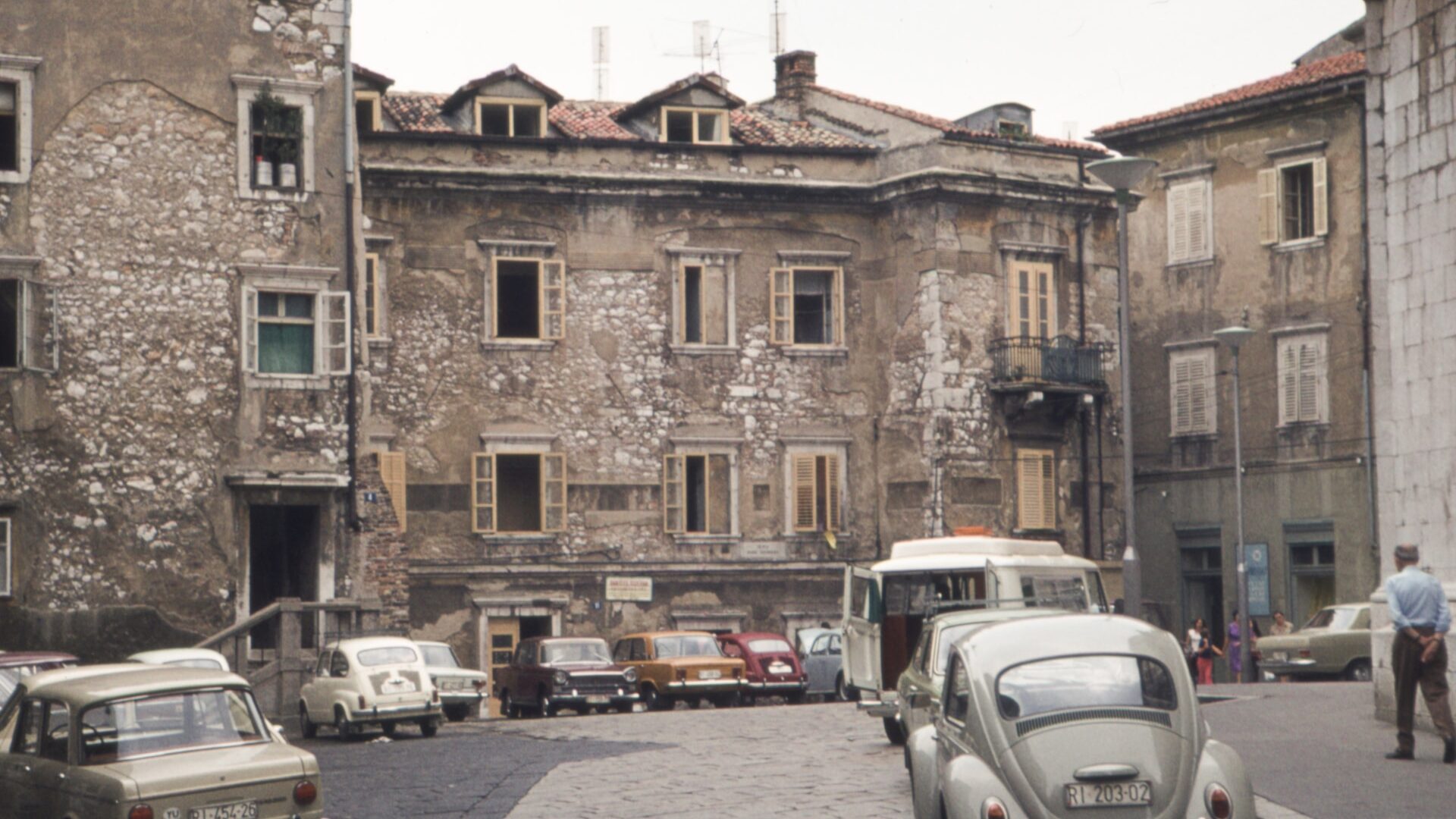Yugoslavia, a country in Southeast Europe, was founded in 1945 and existed until its dissolution in the early 1990s. The country was created as a federation of six republics, with its capital in Belgrade, and was led by Josip Broz Tito, a communist revolutionary and partisan fighter during World War II. Tito’s leadership and unique brand of communism, known as Titoism, helped Yugoslavia to become a prosperous and influential country during the Cold War era. However, after Tito’s death in 1980, ethnic tensions and economic problems led to the country’s fragmentation and ultimately its collapse. This paper will explore the life of Tito Villee and the legacy of Yugoslavia, including its successes and failures, as well as the factors that contributed to its dissolution.
Tito Villee and the Unification of Yugoslavia
Tito Villee was a key figure in the unification of Yugoslavia, a country that was formed after World War I. Born in Croatia, Villee became a member of the Communist Party of Yugoslavia and rose through the ranks to become the leader of the country in 1945. He played a crucial role in the creation of a socialist federation that included six republics and two autonomous regions, bringing together a diverse population of Serbs, Croats, Bosniaks, Montenegrins, Slovenes, and Macedonians. Villee’s leadership was marked by a commitment to economic development, social welfare, and non-alignment in international relations. He also pursued a policy of “brotherhood and unity” that sought to overcome ethnic and religious divisions and promote a shared Yugoslav identity. Although the country eventually dissolved in the 1990s due to nationalist tensions and the collapse of socialism, Villee’s legacy as a unifier and visionary leader remains significant in the region.
Tito Villee and Yugoslavia: A Historical Analysis
In the aftermath of World War II, Yugoslavia emerged as a new country with Josip Broz Tito as its leader. Tito’s leadership style was characterized by his strong personality, charisma, and ability to unify different ethnic groups within Yugoslavia. He created a unique political system known as “Titoism,” which combined elements of socialism, Marxism, and nationalism.
Tito’s leadership was not without challenges, as he faced opposition from both external and internal forces. The Soviet Union, which was also a socialist country, initially supported Tito’s government but later became critical of his independent policies. Tito responded by establishing closer ties with the West, which led to Yugoslavia becoming a non-aligned country during the Cold War.
Tito also faced challenges within Yugoslavia, as different ethnic groups had their own distinct identities and interests. However, Tito successfully managed to maintain unity through his policies of decentralization and self-management. The country was divided into six republics, each with its own government and president, and two autonomous provinces.
Tito’s policies of decentralization and self-management were successful in the short term, as Yugoslavia experienced rapid economic growth and modernization. However, these policies also created tensions between different regions and ethnic groups, which ultimately contributed to the country’s breakup in the 1990s.
Overall, Tito’s leadership and policies had a significant impact on Yugoslavia’s history. His ability to unite different ethnic groups and maintain independence from both the Soviet Union and the West made Yugoslavia a unique country during the Cold War. However, his policies of decentralization and self-management ultimately contributed to the country’s downfall, highlighting the challenges of maintaining unity in a diverse and complex society.
Tito Villee and Yugoslavia – A Brief Overview
1. Who was Tito Villee?
– Tito Villee is not a known historical figure. It’s possible that this name is a misspelling of Josip Broz Tito, the former president of Yugoslavia.
2. What was Yugoslavia?
– Yugoslavia was a country located in Southeast Europe that existed from 1918 to 2006. It was formed after World War I and was comprised of six republics: Bosnia and Herzegovina, Croatia, Macedonia, Montenegro, Serbia, and Slovenia.
3. Who was Josip Broz Tito?
– Josip Broz Tito was a Yugoslav revolutionary and statesman who served as the President of Yugoslavia from 1953 until his death in 1980. He was a communist leader who led the Yugoslav Partisans during World War II and later implemented a unique form of socialism in Yugoslavia.
4. What was Titoism?
– Titoism was a political ideology developed by Josip Broz Tito that was based on the principles of socialism and non-alignment. It emphasized self-management and decentralization, which gave workers and local communities more control over the economy and decision-making processes.
5. What happened to Yugoslavia after Tito’s death?
– After Tito’s death in 1980, Yugoslavia began to experience political and economic instability. Ethnic tensions between the different republics and regions began to escalate, which eventually led to the breakup of Yugoslavia in the 1990s. The conflicts resulted in several wars, including the Bosnian War and the Kosovo War.
The Man Who Helped Shape Yugoslavia
Tito Villee was an important figure in the history of Yugoslavia. Born in the city of Split in 1892, Villee became involved in politics at a young age and was a key player in the establishment of the Yugoslav Communist Party in the 1920s. He went on to become one of the most prominent leaders of the country, serving as Prime Minister and President for several decades.
Under Villee’s leadership, Yugoslavia underwent significant changes. He implemented policies aimed at improving the economy, education, and healthcare, and worked to promote unity and cooperation among the country’s diverse ethnic groups. Villee also played a major role in the Non-Aligned Movement, working with other leaders to create an alternative to the Cold War power structures of the time.
Despite his many accomplishments, Villee’s legacy is somewhat controversial. Some see him as a hero who helped create a more prosperous and peaceful Yugoslavia, while others criticize his authoritarian tendencies and suppression of political dissent. Regardless of one’s opinion, however, it is clear that Tito Villee played a major role in shaping the history of Yugoslavia and the wider world.

0 thoughts on “Tito Villee and the Legacy of Yugoslavia”